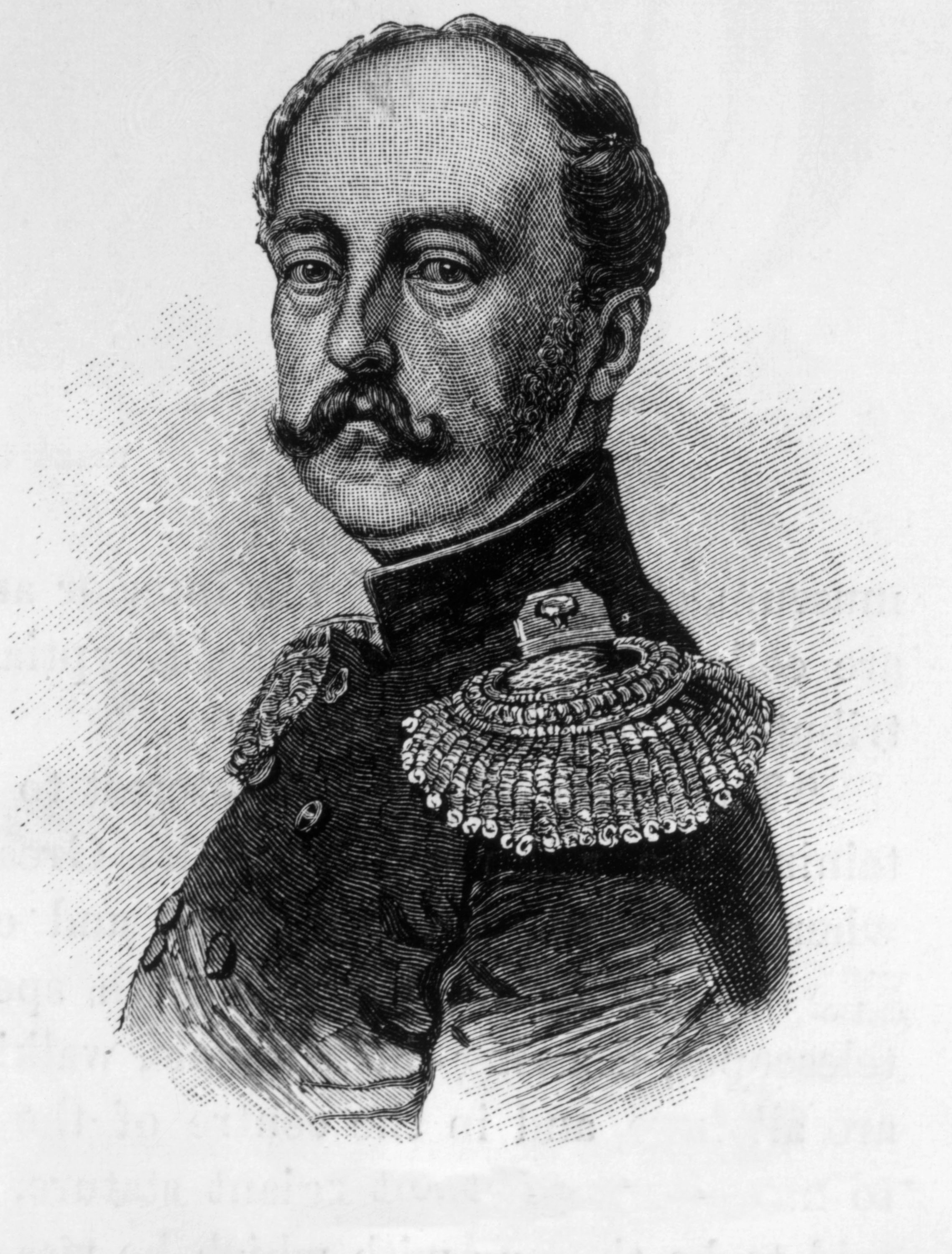Nicholas I (1796-1855) was czar of Russia from 1825 to 1855 and a member of the Romanov line of rulers. He was a hard-working leader whose conservatism kept him from moving Russia into the modern world.

Nicholas was born on July 6, 1796, in Tsarkoye Selo, an estate near St. Petersburg. He succeeded his brother Alexander I after Alexander’s death in December 1825. At that time, a group of liberal army officers, who later became known as Decembrists, tried to take power. Nicholas, shocked by the rebellion, had five of the leaders executed and the others exiled to Siberia. He was determined to fight liberalism in Russia and revolution in Europe. In 1830-1831, he suppressed a Polish uprising that was aimed at freeing Poland from the Russian empire. In 1849, he sent Russian armies into Hungary to crush a revolt for Hungarian independence from Austria.
Within the Russian empire, Nicholas demanded loyalty to himself and to the Russian Orthodox Church. Censorship was severe during his reign. However, Russian literature, art, and music continued to thrive. Some reforms did occur under Nicholas. With his approval, Russia’s first modern law code was issued in the 1830’s. Nicholas also authorized improvements in the living conditions of certain peasants.
In 1828-1829, Nicholas won territory for Russia and helped win independence for Greece in a war with the Muslim Ottoman Empire. The Ottoman Empire was centered in what is now Turkey. In 1853, Nicholas again went to war with the Ottomans. Fearful of Russian expansion, Britain and France helped the Ottomans in what became the Crimean War. Nicholas died on March 2, 1855. He died during the war, which Russia later lost.
See also Alexander II; Crimean War; Romanov; Russia (History).
